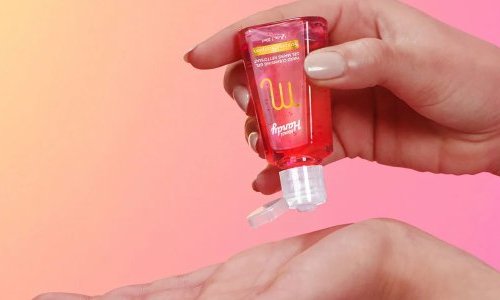
After the UK parliament’s overwhelming rejection of Theresa May’s Brexit deal, the French government considers a no-deal scenario as the most likely now. Therefore, French authorities have triggered a EUR 50 million (GBP 44 million) contingency plan to prepare the country’s customs as well as the port and airport infrastructures.
A no deal Brexit would see Britain leave the European Union without a formal agreement on the future trade relationship with member countries of the bloc. "From one day to the next, without any transitional period, the United Kingdom will shift from EU Member State status to third country status. As far as trade is concerned, this will mean a shift to EU rules to WTO rules," warned Pierre Chabrol, Head of the Trade Policy, Strategy and Coordination Office at the French Ministry for the Economy and Finance. New rules will therefore apply to exports and imports to and from the United Kingdom. "In such a situation, the measures taken by the administration cannot replace the necessary preparation of private businesses that are trading with the United Kingdom," he added before members of the cosmetics industry convened by the FEBEA on January 24 in Paris.
From a general point of view, companies must quickly:
– carry out a self-assessment of the impact of Brexit on their activity,
– identify the measures to be taken,
– check their supply chain and alert their subcontractors,
– implement the measures identified.
As far as the cosmetics industry is concerned, beyond additional customs procedures - for both imports and exports - which can seriously disrupt logistics flows, other issues need to be anticipated.
Cosmetics companies must prepare to:
– Appoint a Responsible Person in both the EU and the UK. “As soon as the Brexit is effective, marketers of cosmetic products will need a Responsible Person in the UK for the products placed on this market,” explains Olivia Santoni, Director, Regulatory and International Services de la Cosmetic, Toiletry & Perfumery Association (CTPA).
– Update labels to feature an address in the UK for products from the EU and an address in the EU for UK products. However, for products placed on the British market, a transition period of 24 months is foreseen.
– Re-make notifications to the CPNP (Cosmetic Product Notification Portal), since those made via the UK will no longer be valid after Brexit, and for EU companies notify the products to the new Bristish Portal.
"As far as cosmetics are concerned, we are fortunate to have a draft of the future regulation of the United Kingdom, [1]" said Olivia Santoni.
In particular, the new text no longer refers to the Scientific Committee on Consumer Safety (SCCS). In the future, the status of ingredients will be decided at UK level. If it is not yet certain, the no-deal scenario must be seriously considered and companies cannot wait to prepare.




























